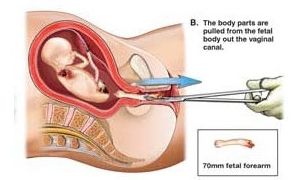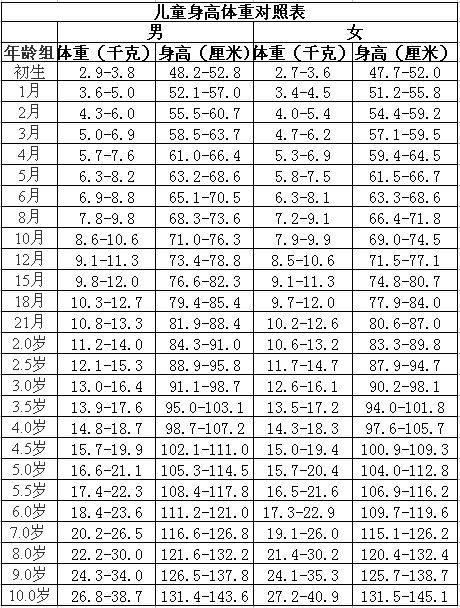英语if的用法
发布日期:2025-04-14
在英语中,“if”主要有以下几种常见用法:
引导条件状语从句
表示真实条件:即假设的情况是有可能发生的,遵循“主将从现”原则,也就是如果主句是一般将来时,从句用一般现在时;主句是含有情态动词的句子,从句也用一般现在时;主句是祈使句,从句同样用一般现在时。
示例:
If it rains tomorrow, we will stay at home.(如果明天下雨,我们就待在家里。)这里“it rains tomorrow”是从句,用一般现在时;“we will stay at home”是主句,用一般将来时。
You can go out if you finish your homework.(如果你完成作业,你就可以出去。)主句含有情态动词“can”,从句用一般现在时。
Listen carefully if you want to understand the teacher.(如果你想听懂老师讲的内容,就认真听。)主句是祈使句,从句用一般现在时。
表示虚拟条件:所假设的情况与事实不符,或者是不太可能发生的事情。根据不同的时间,虚拟语气有三种基本结构:
对现在情况的虚拟:从句谓语用“过去式(be动词一般用were)”,主句谓语用“would / could / might / should + 动词原形”。
示例:If I were you, I would accept the invitation.(如果我是你,我会接受这个邀请。)事实上“我”不可能是“你”,这是对现在情况的虚拟假设。
对过去情况的虚拟:从句谓语用“had + 过去分词”,主句谓语用“would / could / might / should + have + 过去分词”。
示例:If you had come to the party yesterday, you would have seen your old friends.(如果你昨天来参加派对了,你就会见到你的老朋友们。)但实际上昨天没有来参加派对,这是对过去情况的虚拟。
对将来情况的虚拟:从句谓语用“should + 动词原形” 或 “were to + 动词原形” 或 “过去式”,主句谓语用“would / could / might / should + 动词原形”。
示例:If it should rain / were to rain / rained tomorrow, the sports meeting would be put off.(如果明天下雨,运动会就会推迟。)这里假设明天不太可能发生的下雨情况。
引导宾语从句
此时“if”相当于“whether”,表示“是否”,引导的宾语从句要用陈述句语序,常用于动词“ask, wonder, doubt, know”等之后。
示例:I wonder if he will come to the meeting.(我想知道他是否会来参加会议。)
注意:在以下几种情况下,只能用“whether”,不能用“if”:
与“or not”连用时,只能用“whether”。例如:I don't know whether he will come or not.(我不确定他是否会来。)
在介词后,只能用“whether”。例如:It depends on whether it is going to rain.(这取决于是否会下雨。)
引导主语从句、表语从句、同位语从句时,一般用“whether”。例如:Whether he is right is still a question.(他是否正确还是个问题。)(主语从句)
用于省略结构
“if”引导的省略结构常用来简化句子,省略与主句相同的主语和部分谓语动词。
示例:If possible, please call me.(如果可能的话,请给我打电话。)完整句子为If it is possible, please call me.
又如:He won't come if invited.(如果被邀请,他也不会来。)完整句子为He won't come if he is invited.








